
Closing Prisons, Strengthening Communities: The Netherlands’ Remarkable Shift
Over the past decade and a half, the Netherlands has experienced one of the most significant declines in incarceration rates anywhere in Europe—a shift so substantial that many of the country’s prison facilities are no longer required. What began as a gradual decrease in inmate numbers in the late 2000s has now evolved into a long-term structural change in the nation’s criminal justice system.
Since that period, more than 19 prisons have closed, according to reports from BBC News (2017) and The Guardian (2016). The trend has continued into the 2020s, with additional facilities either shutting down or being repurposed for temporary housing, cultural projects, or detention agreements with other countries. Rather than reflecting a crisis, these closures signal a deliberate shift in how the Netherlands approaches crime, punishment, and social rehabilitation.
A combination of factors explains this transformation. First, national crime rates have steadily declined for years. Data from the Dutch Ministry of Justice and Security (2023) shows reductions in both violent and property crime, mirroring broader European patterns. Second, Dutch courts increasingly rely on shorter prison sentences and alternative sanctions such as electronic monitoring, community service, and restorative-justice programs. The Council of Europe’s SPACE Report (2023) confirms that the Netherlands maintains one of the lowest incarceration rates in the European Union, with the prison population dropping by more than 40% since the early 2000s.
Rehabilitation and prevention are also central to the Dutch model. Rather than expanding correctional infrastructure, the government has invested in mental-health services, early-intervention strategies, and post-release reintegration. Programs focus on reducing reoffending by addressing the root causes of criminal behavior—such as addiction, unemployment, and unstable housing. Research from the Netherlands Institute for Crime and Law Enforcement (NSCR) indicates that these measures contribute to relatively low recidivism compared to many other Western nations.
The decline in inmate numbers has created practical consequences as well. With surplus capacity in its prison system, the Netherlands has entered agreements to house prisoners from Norway and Belgium, allowing other countries to manage overcrowding while keeping Dutch facilities in use—an arrangement documented by BBC News and considered unprecedented in modern Europe.
Rather than interpreting these closures as a sign of reduced security, policymakers and researchers highlight them as evidence of a system built on proportional sentencing and long-term social outcomes. By prioritizing prevention and rehabilitation over expansion and incarceration, the Netherlands demonstrates that criminal-justice reform can reshape both public safety and community well-being.
In a global context where many nations continue to struggle with overcrowded prisons and rising correctional costs, the Dutch example offers an alternative path—one where fewer prisons can coexist with safer societies, and where supporting individuals ultimately strengthens the community as a whole.
News in the same category


The Curious Story Behind "Ancient Lights" in UK Property Law

California’s Solar-Canal Initiative: A Game-Changer for Clean Energy and Water Conservation

Nevada Teen Shows Extraordinary Love, Buys Mom a Chevrolet Metro
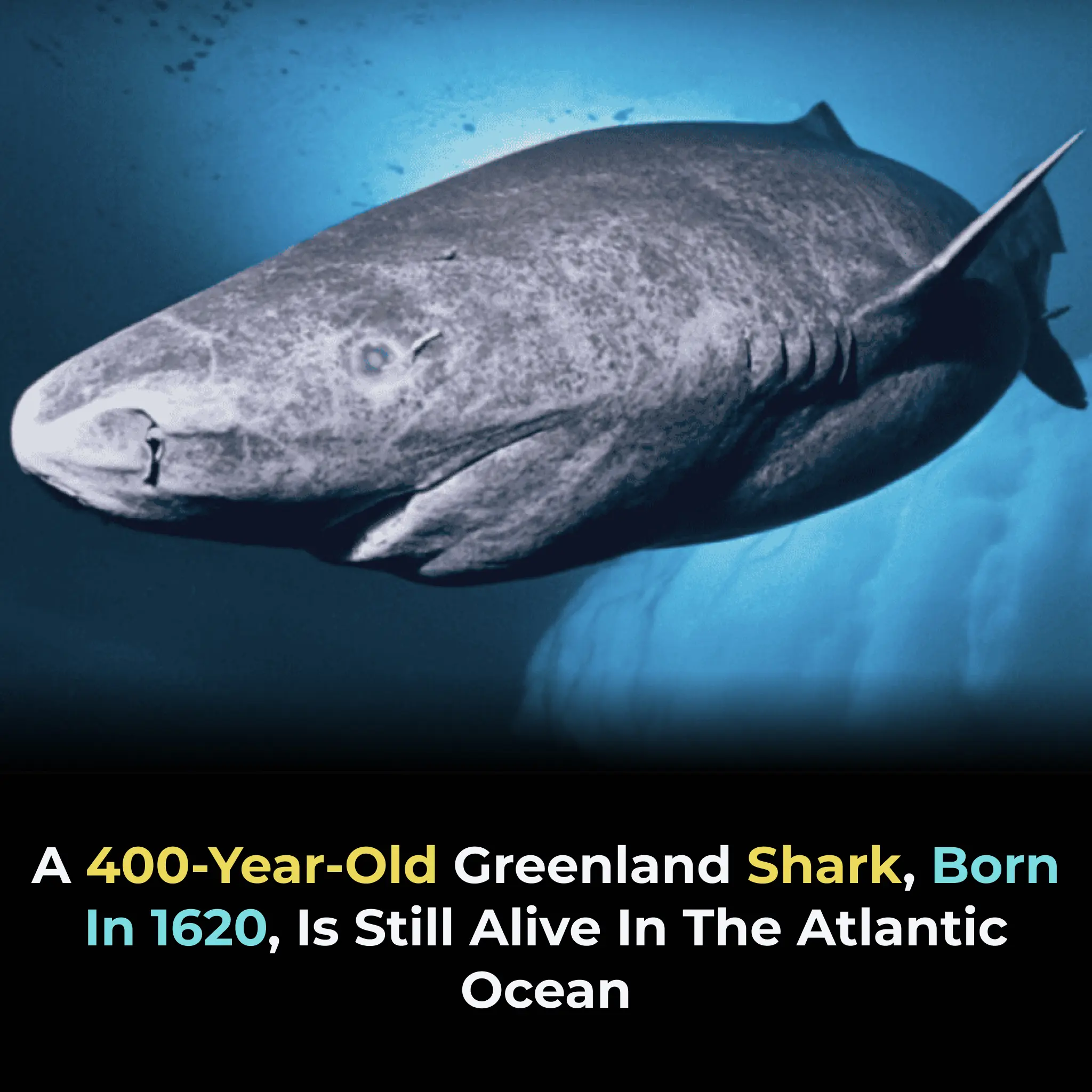
The Greenland Shark: A Creature That May Have Lived Through the 1600s

Steve Ballmer’s $170 Million Annual Commitment to Early Childhood Education in Washington State
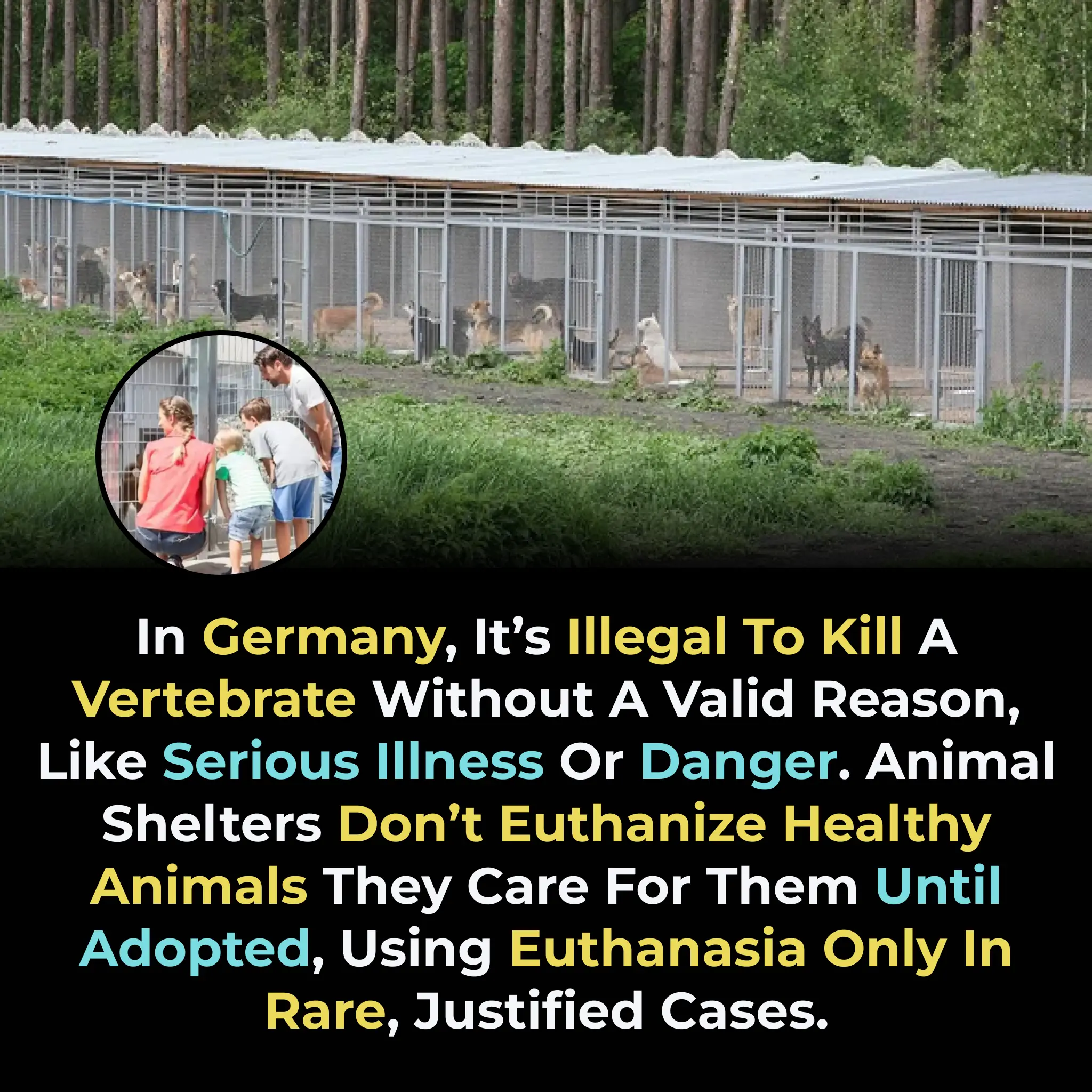
Why Germany’s Animal Shelters Are Virtually “No‑Kill” — And How the Law Makes It So

Steven Pruitt and the Power of Volunteer Knowledge

Frisson: The Science and Sensation of Goosebumps from Music and Art

A Ride for Hope: How One Afghan Father Is Transforming His Daughters’ Future
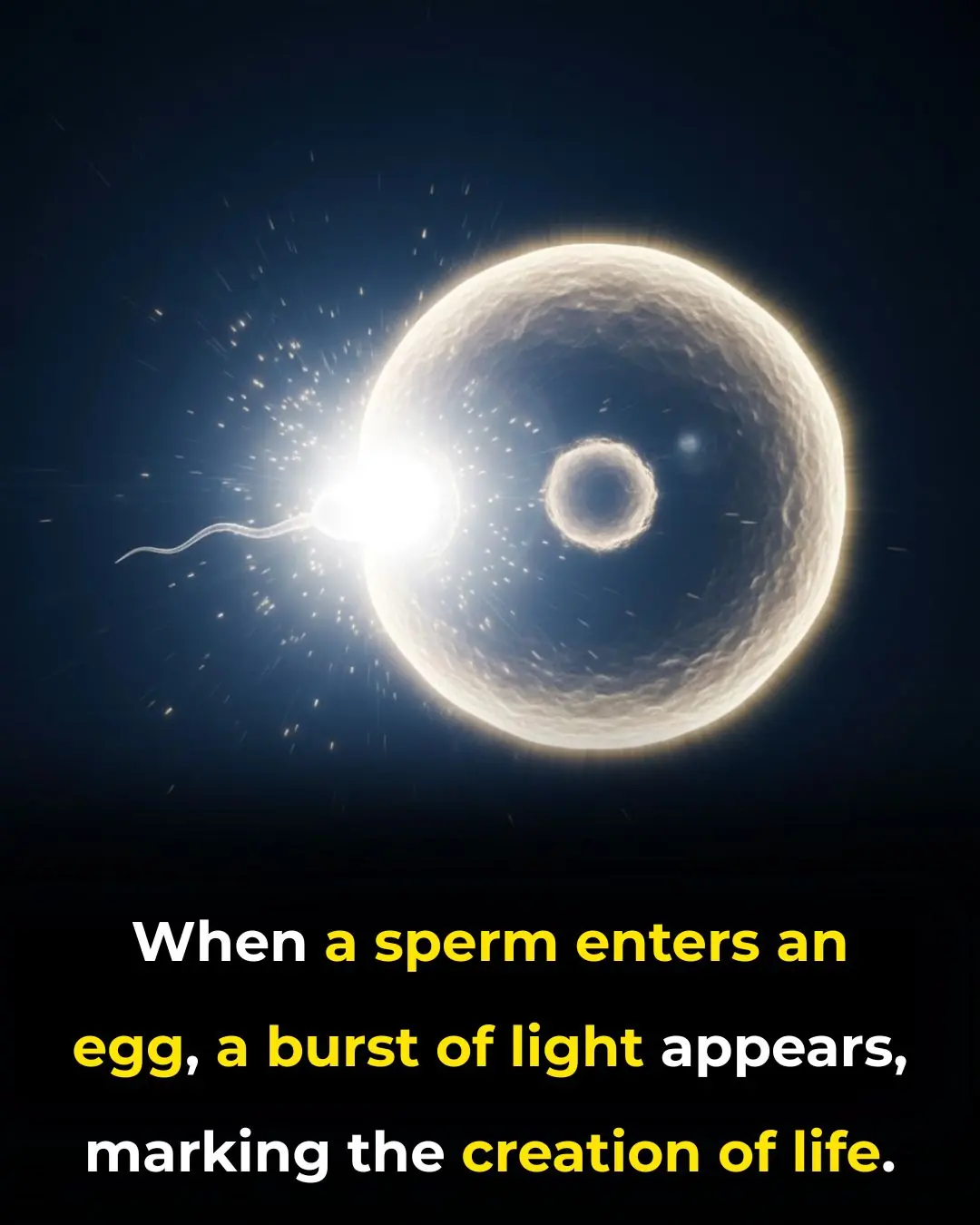
When Life Begins With a Flash: Understanding the Zinc Spark Phenomenon

From Endangerment to Recovery: The Remarkable Journey of the Haleakalā Silversword

The Quiet Billionaire: How Epic Systems’ Founder Is Donating Nearly All Her Wealth

Utqiaġvik’s Polar Night: Sixty-Seven Days Without a Sunrise in Alaska’s Northernmost City

A Remarkable Encounter: How a Sparrow’s Nest Was Left Standing Amid 200 Fallen Plants

Innovative Mobility: Denmark’s Mobile Markets Enhancing Food Access for Seniors

Revolutionary Miniature Implant Offers New Hope for Restoring Vision in Macular Degeneration Patients

A Simple Superfood That Enhances Your Baby's Brain Development During Pregnancy
News Post
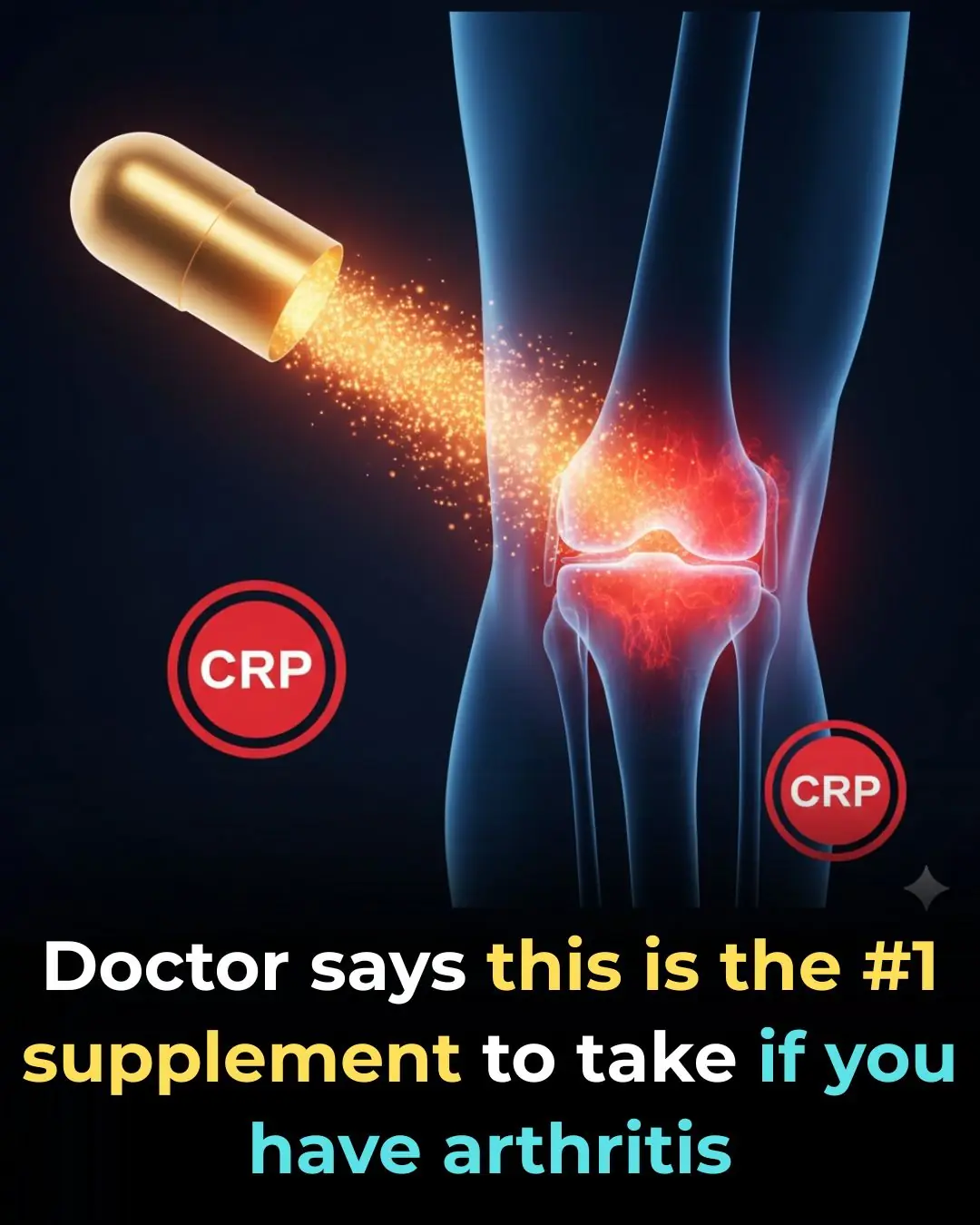
Doctor says this is the #1 supplement to take if you have arthritis

Why Your Legs Cramp At Night And How To Stop It From Happening
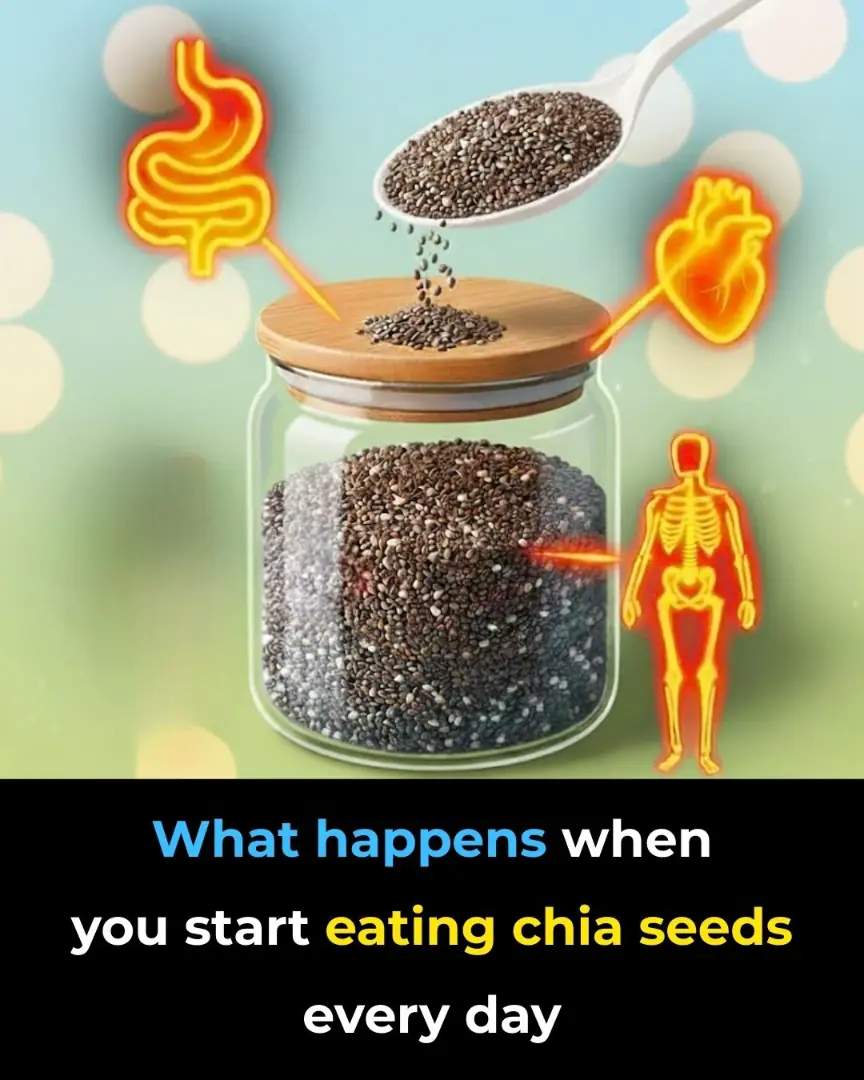
What happens when you start eating chia seeds every day
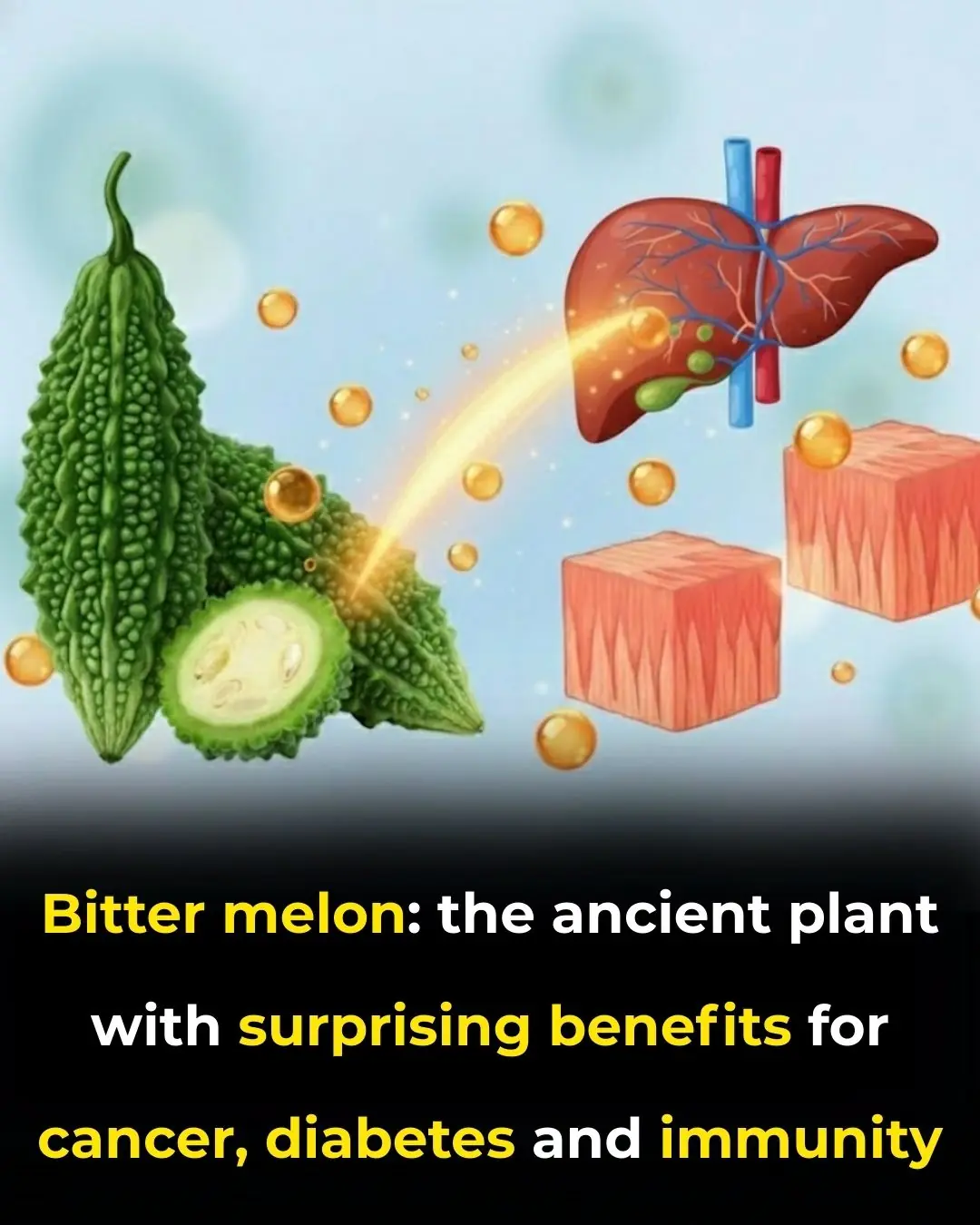
The Plant That Kills Cancer Cells, Stops Diabetes And Boosts Your Immune System!

How to treat nerve pain in the foot, toes & legs
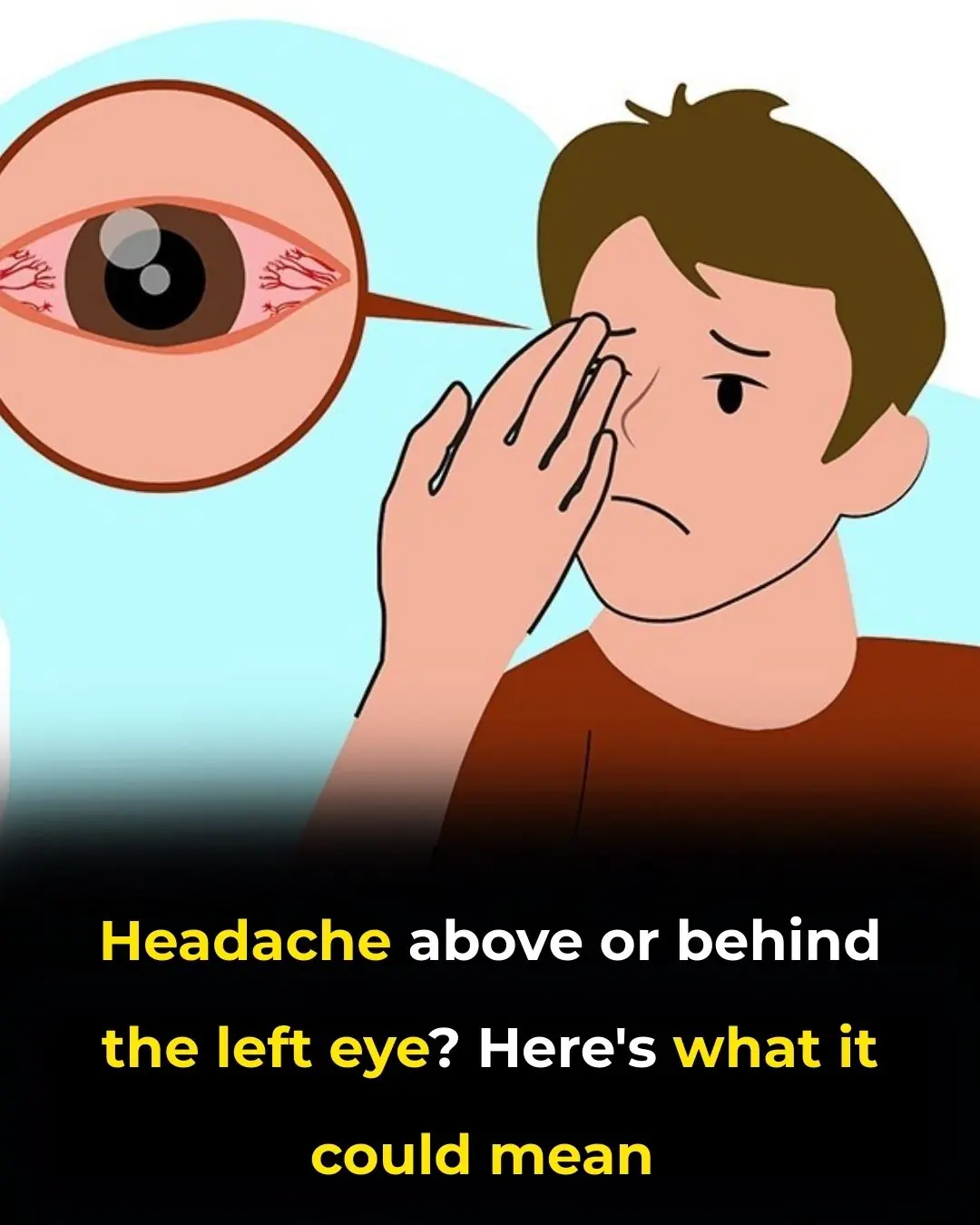
Headache Above or Behind the Left Eye: Causes and Treatments
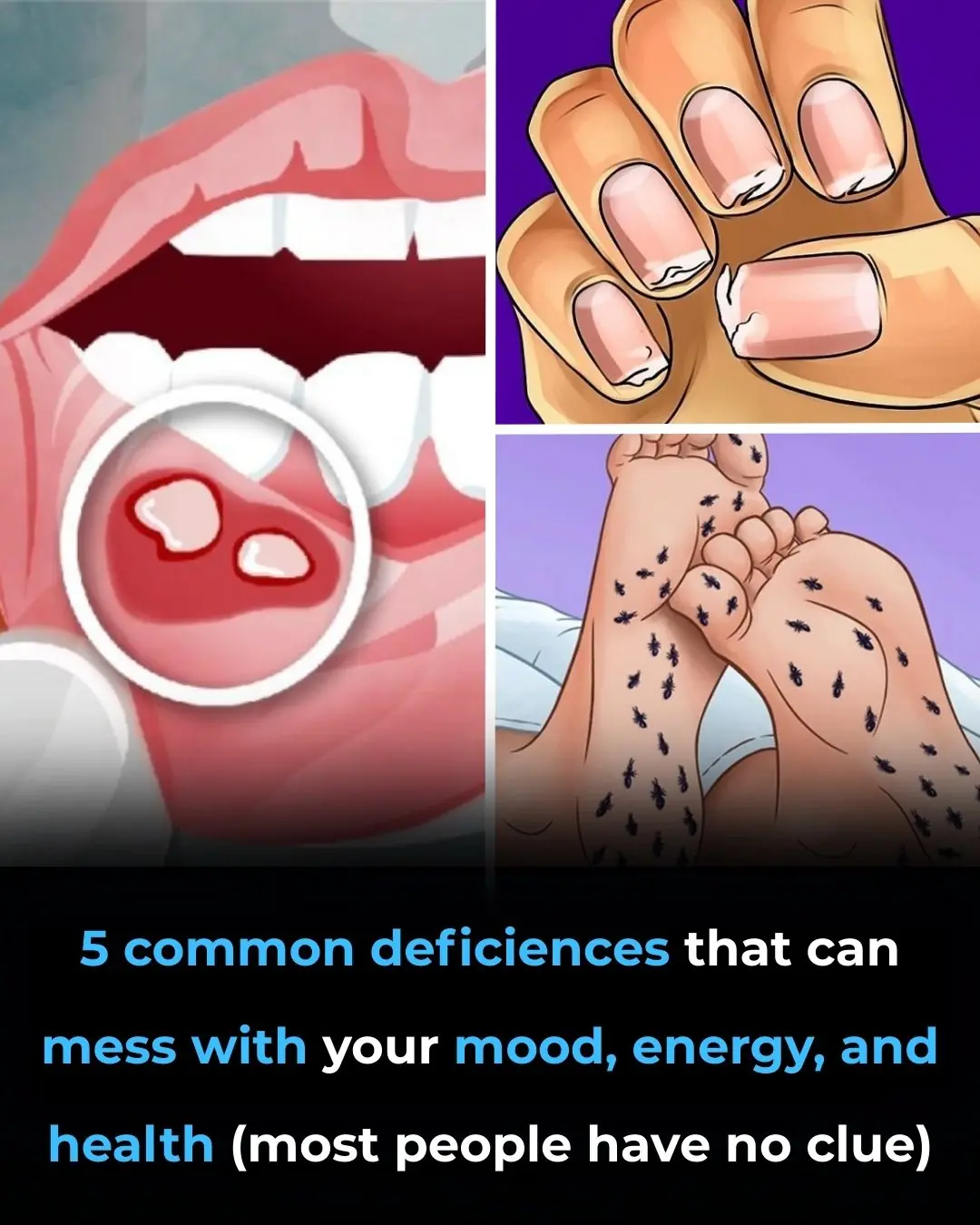
5 Deficiencies Almost Everyone Has (And Doesn’t Know About)

Eggs and Coffee: A Surprisingly Powerful Breakfast Combination

Boost Your Immune System Year-Round with Garlic, Onion, and Lemon

Fig Sap (Ficus carica): Uses, Benefits, and Safety Considerations

Billionaire Judy Faulkner, 82, Commits to Giving Away 99% of Her $7.8B Fortune

The Curious Story Behind "Ancient Lights" in UK Property Law

From Precarious to Prosperous: Denmark’s Approach to Entry-Level Jobs

California’s Solar-Canal Initiative: A Game-Changer for Clean Energy and Water Conservation

Nevada Teen Shows Extraordinary Love, Buys Mom a Chevrolet Metro

The Greenland Shark: A Creature That May Have Lived Through the 1600s

Steve Ballmer’s $170 Million Annual Commitment to Early Childhood Education in Washington State

Why Germany’s Animal Shelters Are Virtually “No‑Kill” — And How the Law Makes It So

Steven Pruitt and the Power of Volunteer Knowledge
